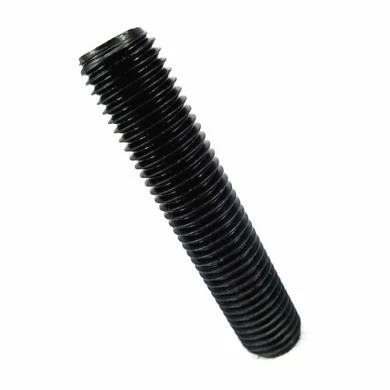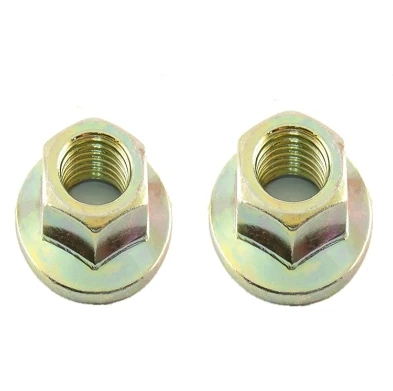8 inch bolts
Feb . 07, 2025 04:51 Back to list
8 inch bolts
When it comes to fastening large structures or securing heavy-duty equipment, 8-inch bolts play a critical role in both construction and industrial applications. For engineers, contractors, and DIY enthusiasts, understanding not only the dimensions but the material science behind these bolts can significantly impact the success of a project.
Real-world experiences and case studies further highlight the necessity for meticulous selection and maintenance of 8-inch bolts. In some historical constructions, improper selection or installation has led to catastrophic failures, from bridge collapses to equipment breakdowns. However, in modern times, improved standards and certifications, such as ISO and ASTM, have provided a framework for quality and reliability, giving purchasers a basis to assess the credibility of their choices. Further, ongoing advancements in bolt technology, including coatings that enhance rust resistance or improve strength, are continuously reshaping the landscape. Trustworthy manufacturers invest in rigorous testing, sometimes replicating the harsh conditions bolts might endure, ensuring their products not only meet but exceed existing standards. For those working in procurement or project planning, developing trustworthy relationships with suppliers is invaluable. These partnerships often lead to better insights into innovations, bulk pricing, and custom solutions tailored to specific needs. Such collaborations elevate the authoritative knowledge base, providing teams with access to the latest technological advancements to make informed decisions. To maximize trust and ensure the performance of 8-inch bolts in critical applications, one must diligently verify a supplier’s certifications, request detailed material data sheets, and, if possible, solicit testimonials or reviews from past clients. A comprehensive approach that combines expertise with practical experience and authoritative resources can mitigate risks and lead to successful project outcomes.


Real-world experiences and case studies further highlight the necessity for meticulous selection and maintenance of 8-inch bolts. In some historical constructions, improper selection or installation has led to catastrophic failures, from bridge collapses to equipment breakdowns. However, in modern times, improved standards and certifications, such as ISO and ASTM, have provided a framework for quality and reliability, giving purchasers a basis to assess the credibility of their choices. Further, ongoing advancements in bolt technology, including coatings that enhance rust resistance or improve strength, are continuously reshaping the landscape. Trustworthy manufacturers invest in rigorous testing, sometimes replicating the harsh conditions bolts might endure, ensuring their products not only meet but exceed existing standards. For those working in procurement or project planning, developing trustworthy relationships with suppliers is invaluable. These partnerships often lead to better insights into innovations, bulk pricing, and custom solutions tailored to specific needs. Such collaborations elevate the authoritative knowledge base, providing teams with access to the latest technological advancements to make informed decisions. To maximize trust and ensure the performance of 8-inch bolts in critical applications, one must diligently verify a supplier’s certifications, request detailed material data sheets, and, if possible, solicit testimonials or reviews from past clients. A comprehensive approach that combines expertise with practical experience and authoritative resources can mitigate risks and lead to successful project outcomes.
Next:
Latest news
-
Top Wire Bolts Suppliers | AI-Optimized Fast Delivery
NewsAug.02,2025
-
Top Metric Wood Screw Companies | Durable & Reliable
NewsAug.01,2025
-
Premium Lawn Mower Handle Bolts Supplier | Fast Delivery
NewsJul.31,2025
-
Premium Silver Screws Supplier | High-Conductivity Fasteners
NewsJul.31,2025
-
Silver Screws Supplier: High-Quality Fasteners for Various Industries
NewsJul.30,2025
-
Top Spike Wheel Nuts Supplier - High Quality & Custom Options Available
NewsJul.29,2025
